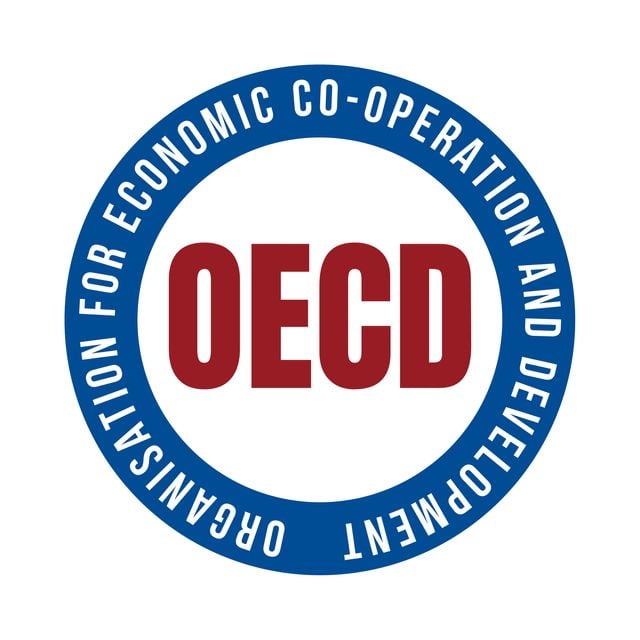In June, the OECD Guidelines for Multinational Enterprises on Responsible Business Conduct were updated. The Guidelines are the leading global standard on responsible business conduct. In addition to being referenced as a guiding principle for many human rights compliance policies and programs, they are explicitly incorporated into human rights legislation and related guidance. The 2023 edition marks the seventh update to the Guidelines. To date, 51 countries have endorsed the Guidelines, including the United States and the majority of the European Union member states.
The Guidelines set out voluntary principles for responsible business practices by enterprises. They cover nine topic areas, organized by chapter, consisting of the following: (1) disclosure; (2) human rights; (3) employment and industrial relations; (4) the environment; (5) bribery and other forms of corruption; (6) consumer interests; (7) science, technology and innovation; (8) competition; and (9) taxation.
Although compliance with the Guidelines is voluntary, legislation recently adopted or proposed in several jurisdictions expressly references or incorporates the Guidelines, or the Guidelines are referenced in guidance under that legislation. For example:
- The Norwegian Transparency Act (Alert) and proposed Belgian and Dutch (Alert) mandatory human rights due diligence legislation indicate that subject enterprises are required to carry out due diligence in accordance with the Guidelines.
- The proposed EU Corporate Sustainability Due Diligence Directive (Alert) is generally aligned with the Guidelines, although the contours of the Directive are still being negotiated.
- Guidance under the German Due Diligence in the Supply Chain Act (Alerts here and here) and the U.S. Uyghur Forced Labor Prevention Act (Alert) reference the Guidelines for operationalizing due diligence.
- Materiality assessments under the EU Corporate Sustainability Reporting Directive (Alert) are informed by the due diligence process defined in the Guidelines.
- “Minimum safeguards” for purposes of the EU Taxonomy Regulation contemplate procedures aligned with the Guidelines.
- Under the EU Sustainable Finance Disclosure Regulation, Article 8 funds that make sustainable investments and Article 9 funds are required to provide disclosures indicating how investments align with the Guidelines and whether investments violate the Guidelines.
Key updates for business enterprises include the following:
- Recommendations for aligning with internationally agreed upon goals on climate change and biodiversity;
- Due diligence expectations relating to the development, financing, sale, licensing, trade and use of technology, including gathering and using data;
- Expectations for conducting due diligence on impacts and business relationships related to the use of an enterprise’s products and services;
- Protections for at-risk persons and groups, including those who raise concerns regarding business conduct;
- Updated recommendations on the disclosure of responsible business conduct information;
- Expanded due diligence recommendations to all forms of corruption;
- Recommendations to ensure that lobbying activities are consistent with the Guidelines; and
- Strengthened procedures to ensure the visibility, effectiveness and functional equivalence of National Contact Points for Responsible Business Conduct.
For a more extensive discussion of the updated Guidelines, see our recent client Alert.
Authors
Stay Up To Date with Ropes & Gray
Ropes & Gray attorneys provide timely analysis on legal developments, court decisions and changes in legislation and regulations.
Stay in the loop with all things Ropes & Gray, and find out more about our people, culture, initiatives and everything that’s happening.
We regularly notify our clients and contacts of significant legal developments, news, webinars and teleconferences that affect their industries.


